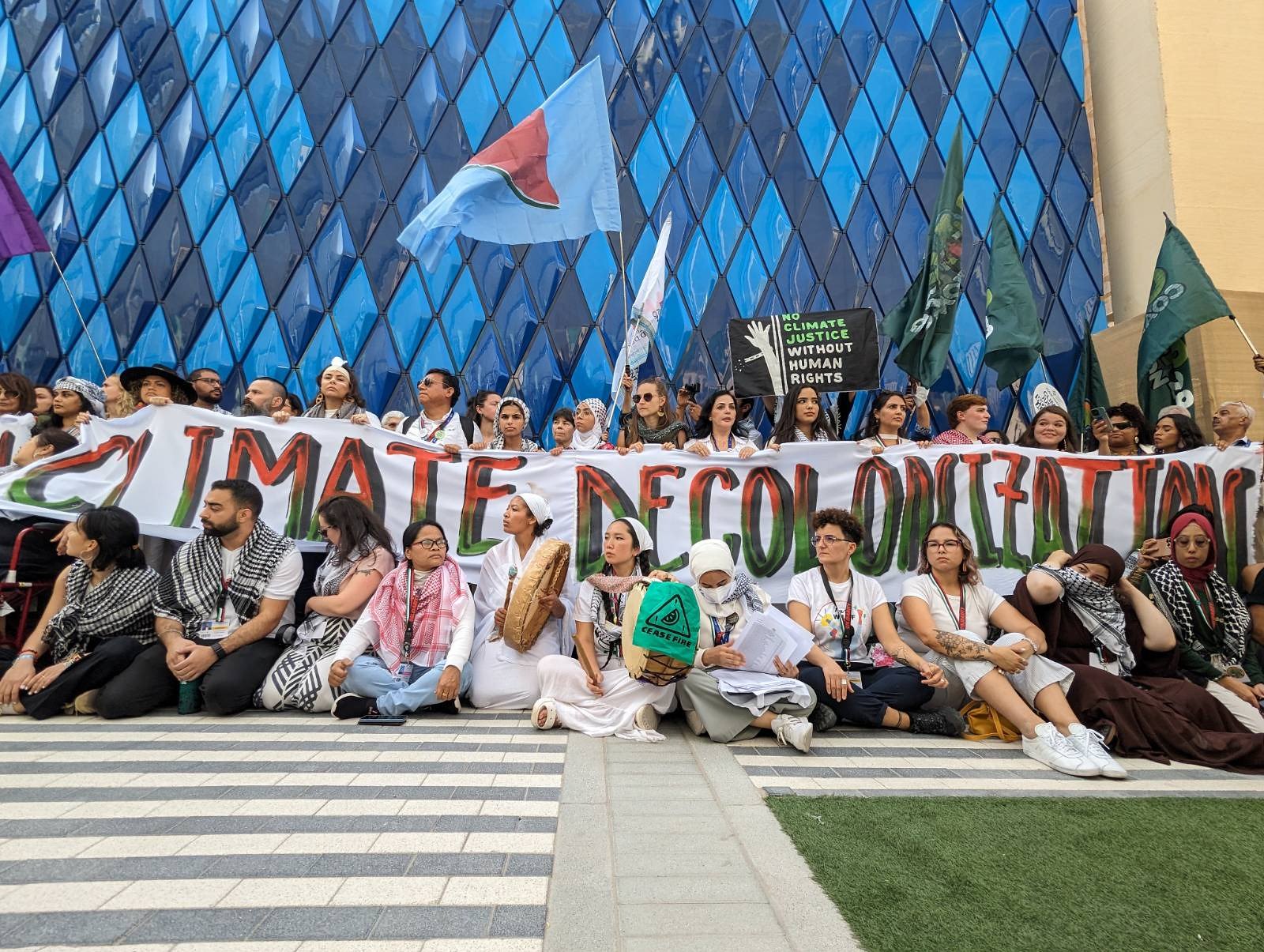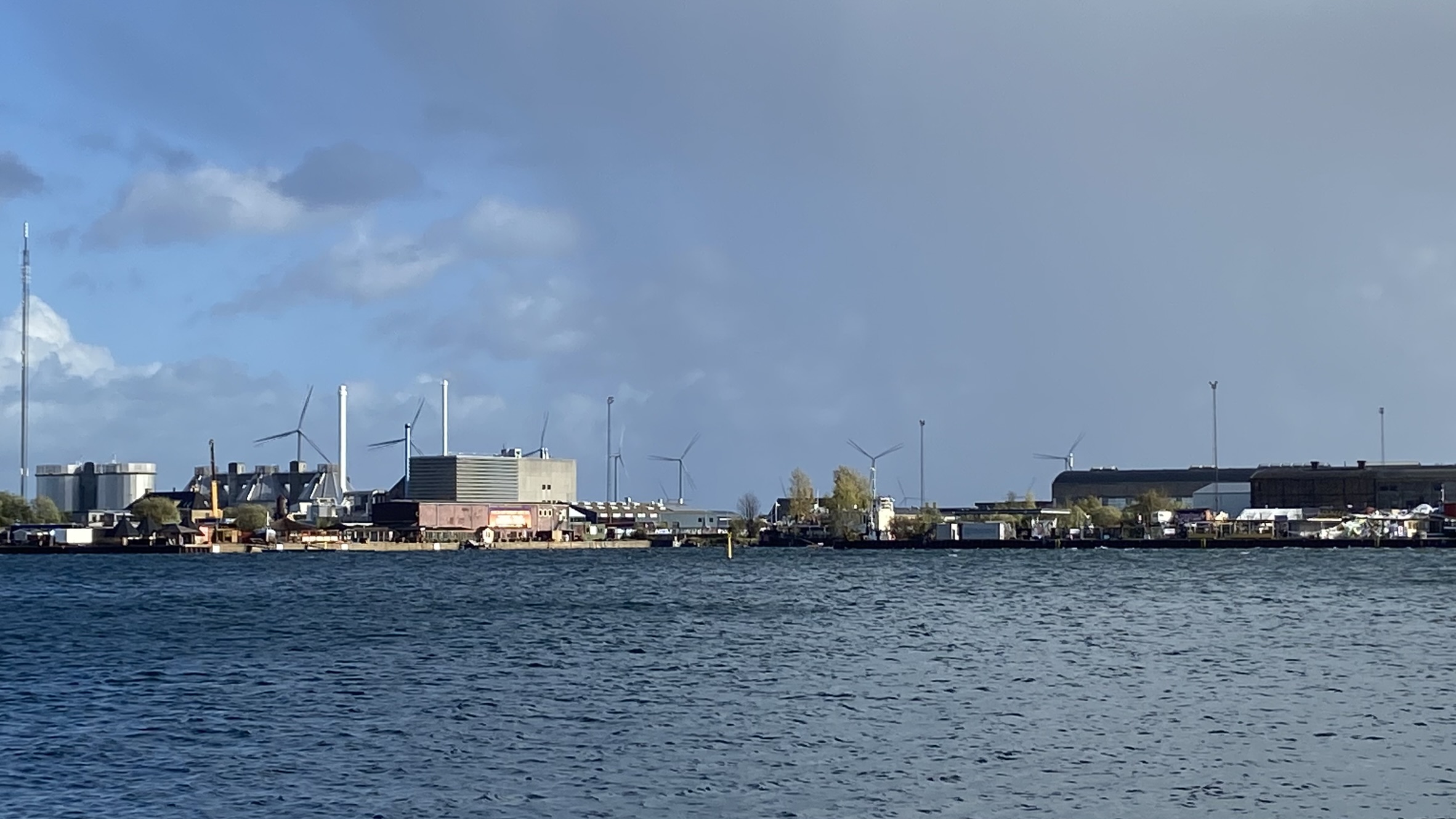Increasingly, the climate crisis is treated as an issue of human rights. As though more signs of progressively unrelenting impacts of climate crisis were needed, the world has just experienced its hottest July ever recorded, and climate scientists have attributed the Mediterranean heatwave of early 2023 directly to human-induced climate change. These impacts threaten the fulfilment and enjoyment of human rights for a vast amount of individuals and communities across the world.
The urgency for a rapid, equitable, and just transition away from fossil fuels toward renewable energy is unambiguous. However, an assessment of future oil and gas projects revealed plans for the release of 646Gt of CO2 into the atmosphere, an amount that would devour the world’s remaining carbon budget for staying within the 1.5°C warming goal stated in the Paris Agreement. The importance of protecting natural carbon sinks cannot therefore be understated. Natural carbon sinks are ecosystems such as forests, grasslands, wetlands, and oceans, which play a pivotal role in stabilizing the climate system by absorbing CO2 from the atmosphere.
One of the most effective democratic responses against government policies permitting the expansion of fossil fuels is protest. These protests can take many forms, from large-scale marches to rallies, from sit-ins to silent protests, from banging pots and pans to physically blocking critical infrastructure and sabotaging forest-culling equipment. These are mere examples of tactics that have been used by climate activists to increase public awareness and sense of urgency, and to call out the profiteers of climate crisis.
Of late, civil disobedience has been a method of choice for numerous climate activist groups, predominantly in the Global North. In applying methods of civil disobedience, activists have significantly disrupted public life. They have brought major transport hubs to a standstill, targeted large corporate functions, and severely disrupted major cultural gatherings and sporting events.
The legislative response from various governments in the Global North has been swift. This year, the UK Government’s Public Order Act was passed in response to widespread protests by Extinction Rebellion and Just Stop Oil, amongst others. The bill makes it easier for the police to carry out stop and search measures without evidence of prior suspicion, widens the definition of disruptive protesting giving the police enhanced powers to prevent so-called public order offences, and introduces protest-banning orders making it far more difficult for people to attend protests in the first place.
Extinction Rebellion, along with organizations such as Letzte Generation (“Last Generation”) and others, have also been very active in Germany, and two federal states have been particularly noteworthy in their response. North Rhine-Westphalia passed a law under the guise of terrorism prevention, allowing for imprisonment up to 28 days without any evidence of a criminal offence having been committed. Passed in 2018, it has since been applied not once to persons posing a threat to public safety from the right, but to 6 persons who were religiously motivated, and to 74 persons in the context of climate protests. The state of Bavaria has introduced a very similar law, with a key difference of imprisonment for up to 2 months without any evidence of a criminal offence.
The potential legal consequences for climate activists in the Global North has increased significantly over recent years, and the regressive governmental backlash of criminalization and repression can be interpreted is a sign of their effectiveness. However, environmental defenders from the Global South have always faced consequences of a very different nature.
In its “Decade of defiance” report by Global Witness, the stark situation of environmental defenders across the Global South is illustrated. Between 2012 and 2021, at least 1,733 environmental defenders were killed by hitmen, organized crime groups, or their own governments. Colombia, Brazil, the Philippines, Mexico and Honduras were amongst the most deadly countries for environmental defenders. Recent analysis has shown that extractive violence is strongly gendered, with women and gender-diverse people being disproportionately affected. Indigenous people are also under particular threat, as they protect 80% of the world’s biodiversity even though they only comprise around 5% of the world’s population.
Much of the violence and repression aimed at environmental defenders stems from the pursuit of economic growth based on the extraction of natural resources. This includes not only fossil fuels, but extends to other natural resources, in particular raw materials used in industrial manufacturing processes. This is of particular concern when considering that current models of energy transition in the Global North are based on raw material extraction from across the Global South, with no signs that patters of unabated overconsumption are to change any time soon. There is a very justifiable fear that this threat will therefore intensify over the coming decades.
Under corporate pressure, government officials across the world are rewriting laws to facilitate repression against climate activists and environmental defenders. However, there are also ways in which the law can be applied to support those who are trying to alter the status quo.
Increasingly, environmental defenders are looking to courts of law, and numerous lawsuits are being filed against extractive corporations. Recently, a court in South Africa halted offshore oil exploration by Shell after a lawsuit brought by local Indigenous communities. Similarly, a Canadian-backed oil company was prevented from gold mining activities after a lawsuit was filed by local communities on Sangihe Island in Indonesia.
Last year, the United Nations General Assembly recognized the human right to a clean, healthy, and sustainable environment after concerted and prolonged efforts by civil society organizations. It has already been used in court cases brought by climate activists against governments who are not fulfilling their emission reduction pledges in-line with the 1.5°C goal. Crafted as a tool for achieving transformative change by halting biodiversity loss and pollution, it remains to be seen whether this new human right will also be applied in court cases to protect environmental defenders.
We are therefore in a watershed moment for climate-related litigation centered around human rights, directed at both the private sector and at heavily-emitting governments. Of the various climate-related court cases listed for this year, there are however surprisingly few directed at the finance sector. The money to be made from fossil fuel expansion and other extractive industries is astounding and difficult to grasp. This years’ Banking on Climate Chaos report details its extent, with the world’s 60 largest banks having poured over $5,500,000,000,000 into the fossil fuel industry since the signing of the Paris Agreement in 2015. Drafting legislation prohibiting all finance for fossil fuel expansion would not only have a major impact on CO2 emissions and accelerate a rapid, equitable, and just transition, but also reduce a key driver of extractivist violence against environmental defenders.
Those in power are doing everything they can to uphold the status quo. And yet it is clear to most that the days of fossil fuels are numbered. The frenzy we currently find ourselves in is the fossil fuel industry making hay while the sun still shines. However, in order to limit the already intense impacts of the climate crisis, the remaining fossil fuels must stay in the ground, and carbon sinks must remain untouched. If we want to avoid climate disasters, we must drastically step up our efforts in protecting environmental defenders.
This article was originally published in German on maldekstra, the Rosa Luxemburg Stiftung journal that discusses internationalist discourses and practices.
About the author: David Williams is the Director of the International Climate Justice Program of the Rosa Luxemburg Stiftung
Top photo: AP Photo/Bullit Marquez



